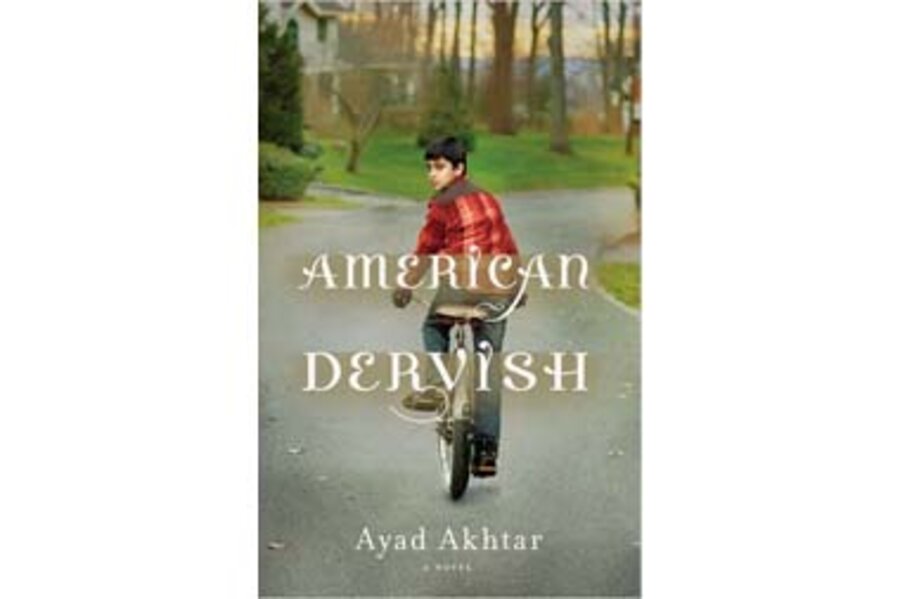It's not often that the best husband in a novel turns out to be a hard-drinking philanderer, but Naveed Shah takes the gold ring in American Dervish.
It's not that 10-year-old Hayat Shah's parents are happy in playwright Ayad Akhtar's coming-of-age story set among Pakistani-American immigrants in 1980s Milwaukee. In fact, his mother has over-shared the details of his father's affairs since the boy was 5. Then her best friend, Mina Ali, and her son, Imran, come to live with them.
Mina was ritually divorced by her husband when Imran was born, with the threat that he would take the boy when he turned 7. Putting several thousand miles between him and Imran seems advisable, and Hayat and his mom, Muneer, are thrilled with their beautiful houseguest. In fact, Hayat is entranced, and when Mina starts instructing him in the Koran, the secularly raised boy dives in with all the fervor of a new convert.
Then Mina starts dating a Jewish doctor. Naveed couldn't be happier, since Nathan Wolfsohn is his partner, and Muneer, who has an adoring if skewed view of Jewish culture, is over the moon. For his part, Nathan, a child of a Holocaust survivor, is so in love he's willing to convert to Islam to make Mina happy – at least until a local imam interferes. Hayat, jealous and confused, starts quoting some of the most virulently anti-Semitic passages in the Koran and commits an act that has repercussions far beyond anything a 10-year-old should have to shoulder.
Akhtar sets a difficult task for himself: penning a portrait of fundamentalist bigotry in a Muslim community 20 years before Sept. 11, while maintaining compassion for (at least most of) his cast. And overall, he succeeds. While the last act has a little too much melodrama crammed into too few pages, Akhtar makes it easy for a reader to embrace his characters – contradictions, failings, and all.
At different points, “American Dervish” reminded me of books as various as Neil Simon's “Brighton Beach Memoirs,” Jhumpa Lahiri's “The Namesake,” and Ian McEwan's “Atonement,” while still remaining entirely itself.







